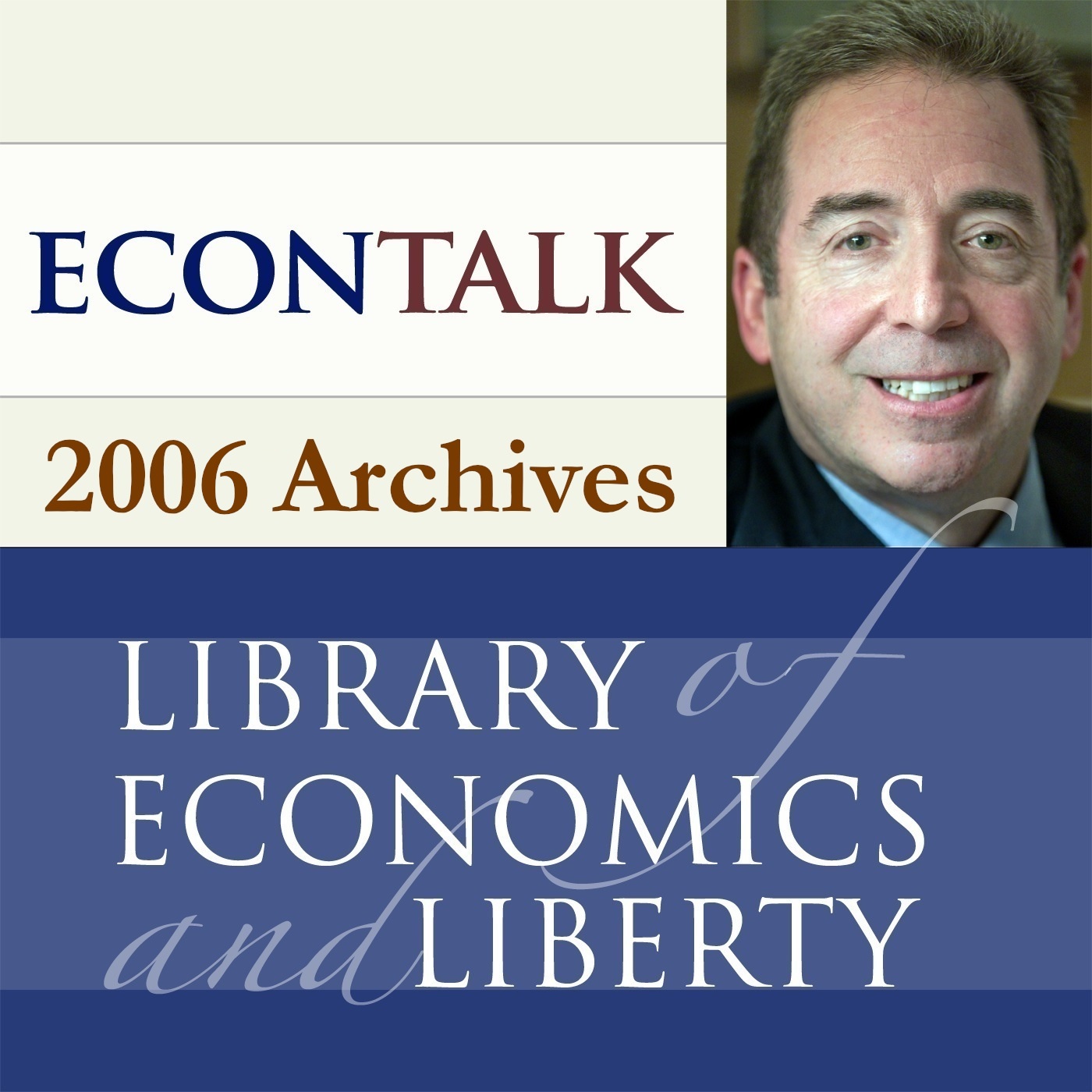Episodes
Russ Roberts looks at the economics and science of intermittent explosive disorder--violent rage out of proportion to its cause. Was the recent study that discovered this problem good science or unreliable? Was the media coverage of the study accurate? How do state insurance regulations create incentives for intellectual dishonesty?
Published 06/16/06
Richard Epstein, law professor at the University of Chicago, and Russ Roberts discuss the market for kidneys. Should people be allowed to buy and sell kidneys? How might a market for kidneys actually work in practice? Should mercenary motives be allowed to trump altruism? Epstein deals with these questions and more.
Published 06/05/06
Alex Tabarrok of George Mason U. and Russ Roberts talk about medical malpractice, why insurance premiums vary by state, price gouging by insurance companies, the politics of being a judge and an idea for a new TV show using a tried-and-true formula, the American Victim.
Published 05/30/06
Don Cox of Boston College and Russ Roberts discuss the economics of inheritance, estates and the family. They look at how parents divide their time and money between their children and our concerns for what people think of us after we are gone.
Published 05/04/06
Skip Sauer of Clemson University and Russ Roberts talk about the economic impact of sports stadiums, how to create incentives in baseball, football and soccer, and the virtues and failings of socialism in sports.
Published 04/18/06
Michael Munger of Duke University talks with Russ Roberts about the economics of ticket scalping, examining our reactions to free and found goods, gifts, e-Bay, value in use vs. value in exchange, and opportunity costs.
Published 04/10/06
Don Cox of Boston College talks with Russ Roberts about how creating incentives can ease daily life with toddlers and young children.
Published 03/16/06


